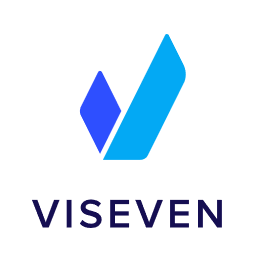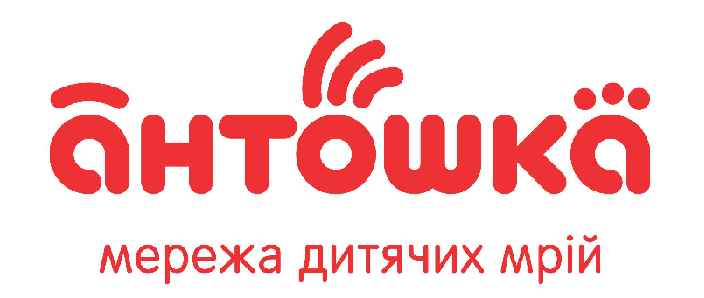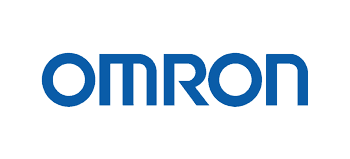
Integrations in analytics. The most popular elearning integrations in 2023
LMS systems are an indispensable tool for employee learning in modern organizations. They allow companies to automate learning and HR processes, create and post content, and evaluate employee progress.
Integrating LMS with other systems helps to realize its full potential and maximize its capabilities.
We conducted a survey among our customer companies to find out which integrations were most popular in 2023.
What integrations were most popular in 2023: LMS Collaborator research
1. Corporate chatbots
This is the most popular integration in 2023.
A large number of LMS Collaborator customers integrate their learning portal with corporate chatbots. Almost everyone has a smartphone and uses a particular messenger. Integration allows companies to communicate with employees through messengers that are convenient for them. Promptly notify employees of important events on the learning portal, new tasks, learning outcomes, etc. This is a great alternative to email notifications.

In addition to the chatbots presented in the infographic, LMS Collaborator can also integrate with any messenger. One example of such an integration is Gerabot, which is used by Blyzenko. Learn more about their experience in the video:
2. Platforms for hosting webinars

These platforms continue to be popular. This is due to their flexibility and versatility in use. Namely, the ability to hold various types of online meetings: presentations, seminars, training sessions, etc. In addition, webinar platforms can also be used to communicate with the team, which is especially convenient for companies with remote employees.
3. HRM systems

Integrating an LMS with an HRM system is a strategic step for a business. After all, it allows you to optimize the management of training and staff development. It contributes to effective resource management and improves overall team development. Data on employees’ training, qualifications, and skills become easily accessible in one system. This helps HR managers to conveniently track and evaluate the progress of each employee, and easily prioritize their further development. Integration also simplifies administrative processes by automating the transfer of employee data and qualifications from the HRM system to the LMS.
Try all the benefits of integrating the LMS Collaborator learning portal with your HRM system right now:
- Personalized training programs for each employee based on their profile in the HRM system.
- Automatic tracking of employee progress in learning.
- Convenient access to learning materials from any device.
4. Systems for identification and access management

Integration of LMS with such systems provides a number of advantages, in particular:
1. Convenience of authentication (Single Sign-On, SSO).
After authenticating in one system, employees automatically get access to the LMS, no need to repeat the login process.
2. Centralized access management.
Administrators can centrally manage access rights to learning resources: set up access levels, delete or add users, and control security.
3. Automated synchronization of user data.
Automates the synchronization of user data between the LMS and a centralized identity management system. This ensures that employee information is up-to-date.
4. Increased security.
Companies can use authentication protocols, two-factor authentication, and other means to ensure secure access to the LMS.
Soon, we will publish a blog post on why it is important for an LMS to be secure and what impact a data breach from an LMS can have.
5. Simplification of administrative work.
Simplifies administrative tasks such as managing users, creating and deleting accounts.
5. Analytics systems (Tools for data analysis)

Analytics is a mandatory step in employee learning, as its results directly affect the further strategy and effectiveness of learning. LMS tools may not be enough for a more detailed statistical analysis. Therefore, in such cases, it is important to use professional analytical systems such as Power BI or Google Data Studio. The key advantage of integrating LMS with such tools is the ability to expand analytical potential:
– conducting detailed data analysis,
– data visualization,
– create complex and interactive reports.

Conclusion
So, after analyzing the most popular integrations of the LMS Collaborator learning platform in 2023, we can draw the following conclusions:
– Integration with corporate chatbots allows companies to effectively communicate with employees through messengers that are convenient for them.
– Webinar platforms remain relevant due to their versatility in holding various online events.
– Integration with HRM systems optimizes learning and development management.
– Authentication and access management systems increase security and convenience of working with LMS.
– Analytical tools enhance the ability to analyze learning data to make effective management decisions.
The ability of the LMS to integrate with other systems opens up new opportunities for automating and optimizing corporate learning processes.
One of the advantages of LMS Collaborator is its versatility. The platform integrates with any services used in your company. You can easily integrate LMS Collaborator with your chatbot, HRM, webinar platforms, identity and analytics management systems, etc.



































